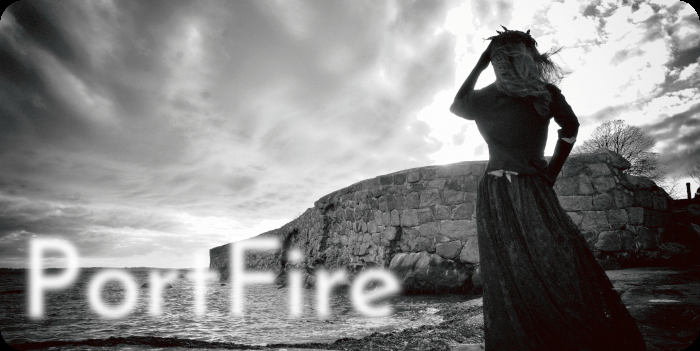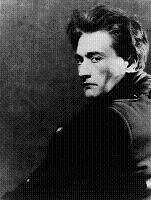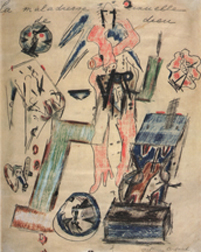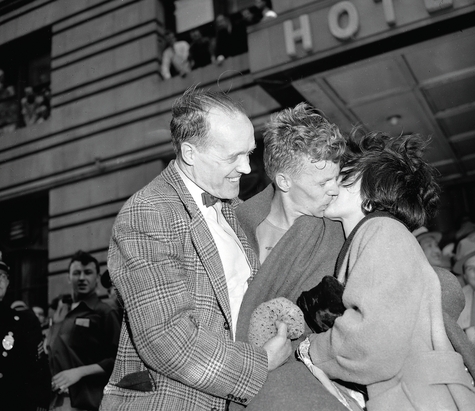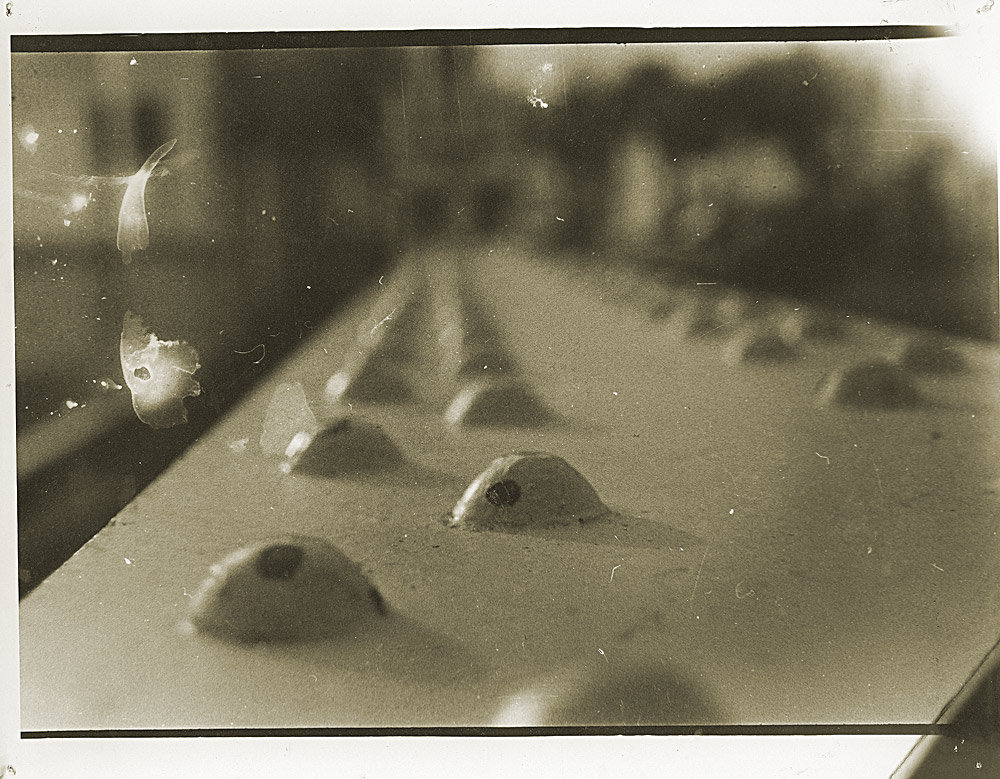from Mason’s Stoup 7, May 1992 –
and here we are, nearly 20 years later – how were the predictions?

As time passes, the human condition evolves to a more abstract dimension. Applying this concept of time to an historical perspective, we see that society is gradually moving towards a hyper-realization of its older order, towards an abstract integration of the past to formulate a new and abstracted order.
This acceleration of the abstracted reality into the present is an obvious process with an obvious end. Throughout history, the human species has evolved to higher and higher integrations of the abstract consciousness. Consider the development of algebra, the subsequent development of calculus, and the eventual conception of General Relativity. The movement of communication technology to a hyper-realistic state has allowed the human mind to transgress the limitations of the physical, such as the concrete boundaries of distance, and gain an effectual transcendence of time and space. Your telephone can access any other telephone on the planet. In Europe in the Middle Ages, well over ninety percent of the populace did not leave a ten mile radius in their lifetimes. To predict the next destination of communication, this function of the movement of technology may be extrapolated, whereby the arrival destination manifests itself in an ethereal state.
Likewise, the movement of artistic intent and composition has followed the routes of abstraction. The communication of art has gradually progressed into a highly abstract epoch. This movement is visible when one considers the discovery of the vanishing point and perspective, then the flirtations with time and individual perception known as impressionism, and penultimately, the immersion of art into the realms of abstract expressionism, minimalism, and the modernisms.
Musical efforts have also rapidly approached the abstract hyper-reality of post-modernistic development in the twentieth century. The electrification of primitive expressional instruments further moved the arts of 1ogical expression, inherently an abstract form, towards the ultimate heights of abstract reality. Electricity could universalize the expression, whereby more of the population could become part of the thought, and whereby the thought could pervade the reality to an unprecedented extent. The acquirement of electronic fluency brought about the advent of recording technology, whereby, like the invention of the written language, and later the printing press, the art form could usurp time.
